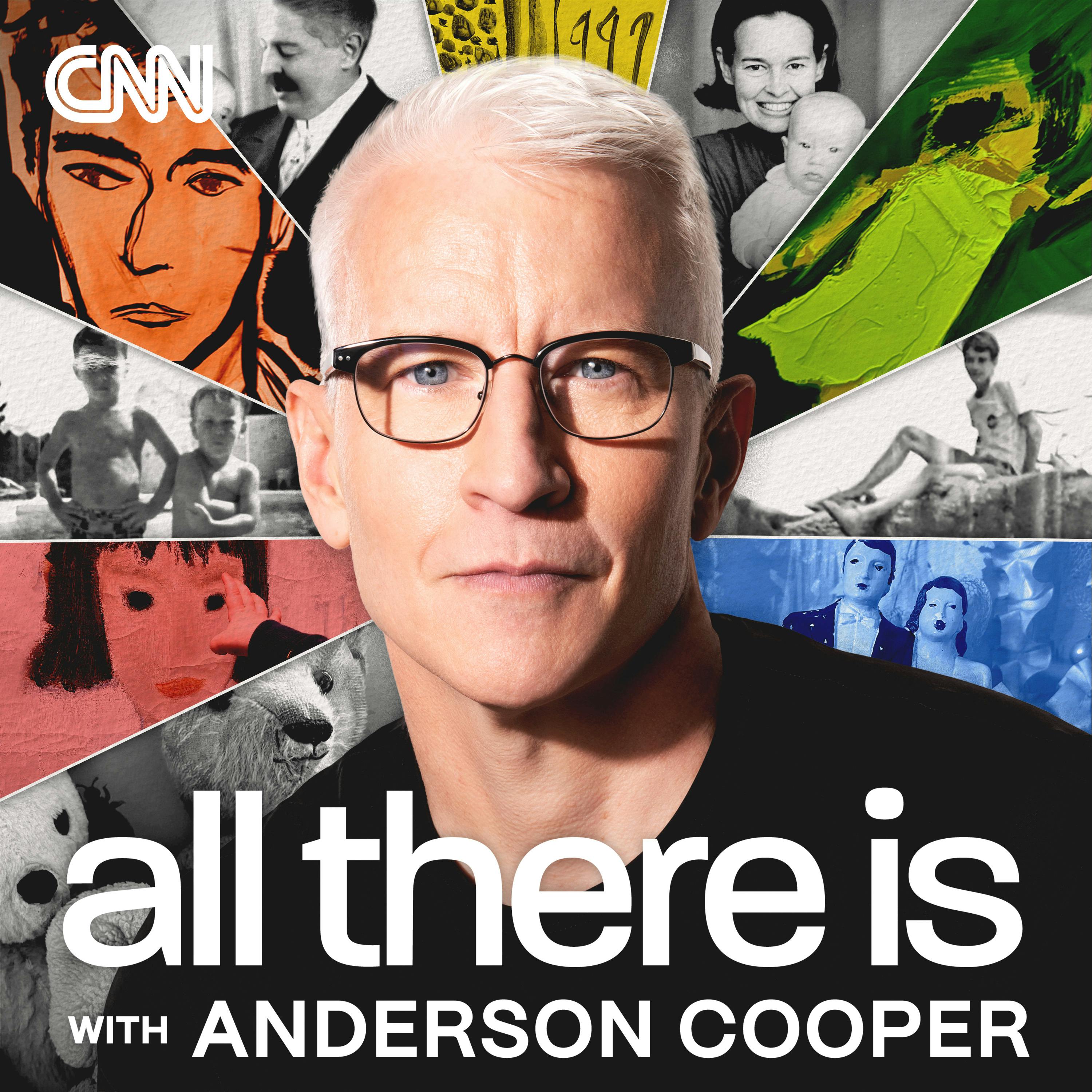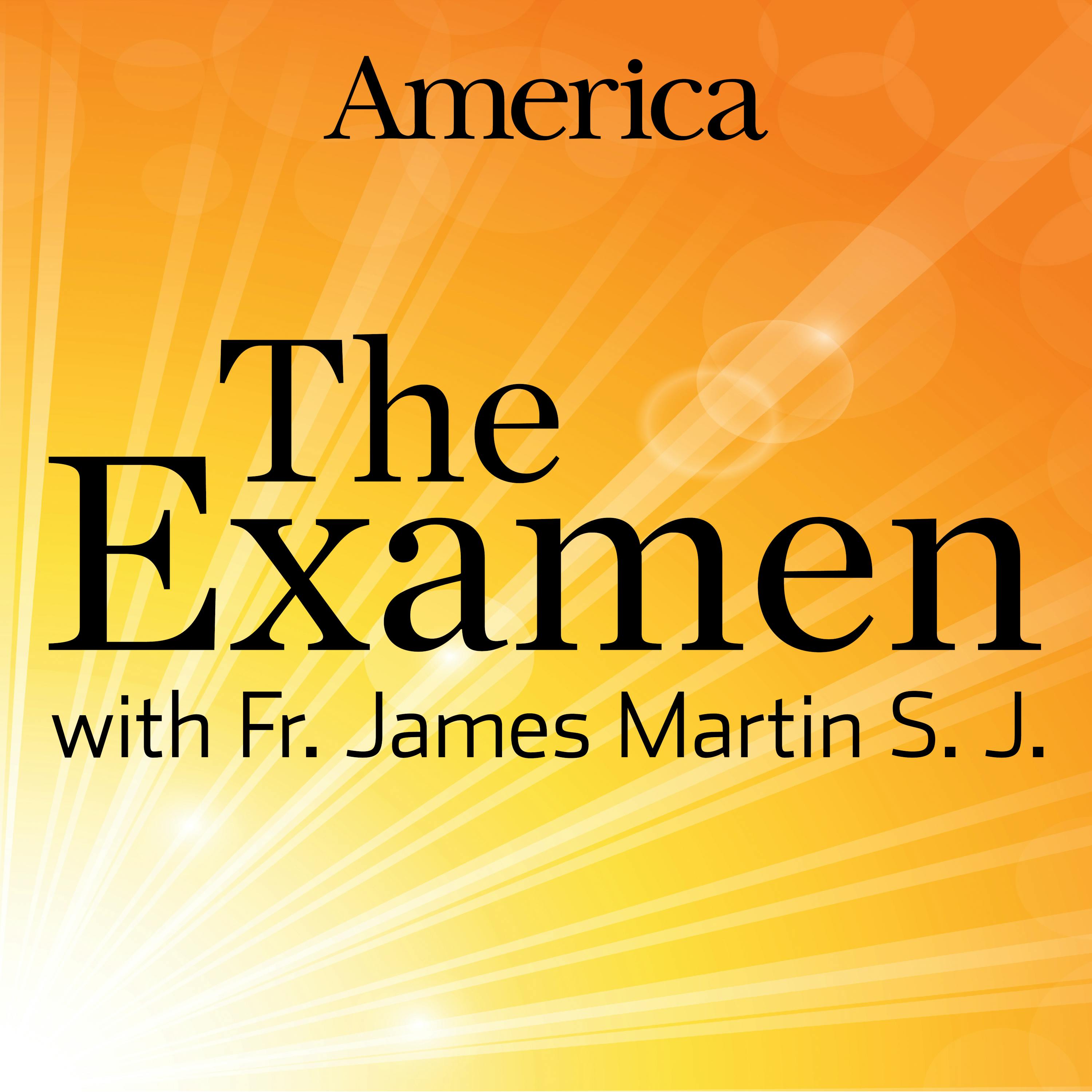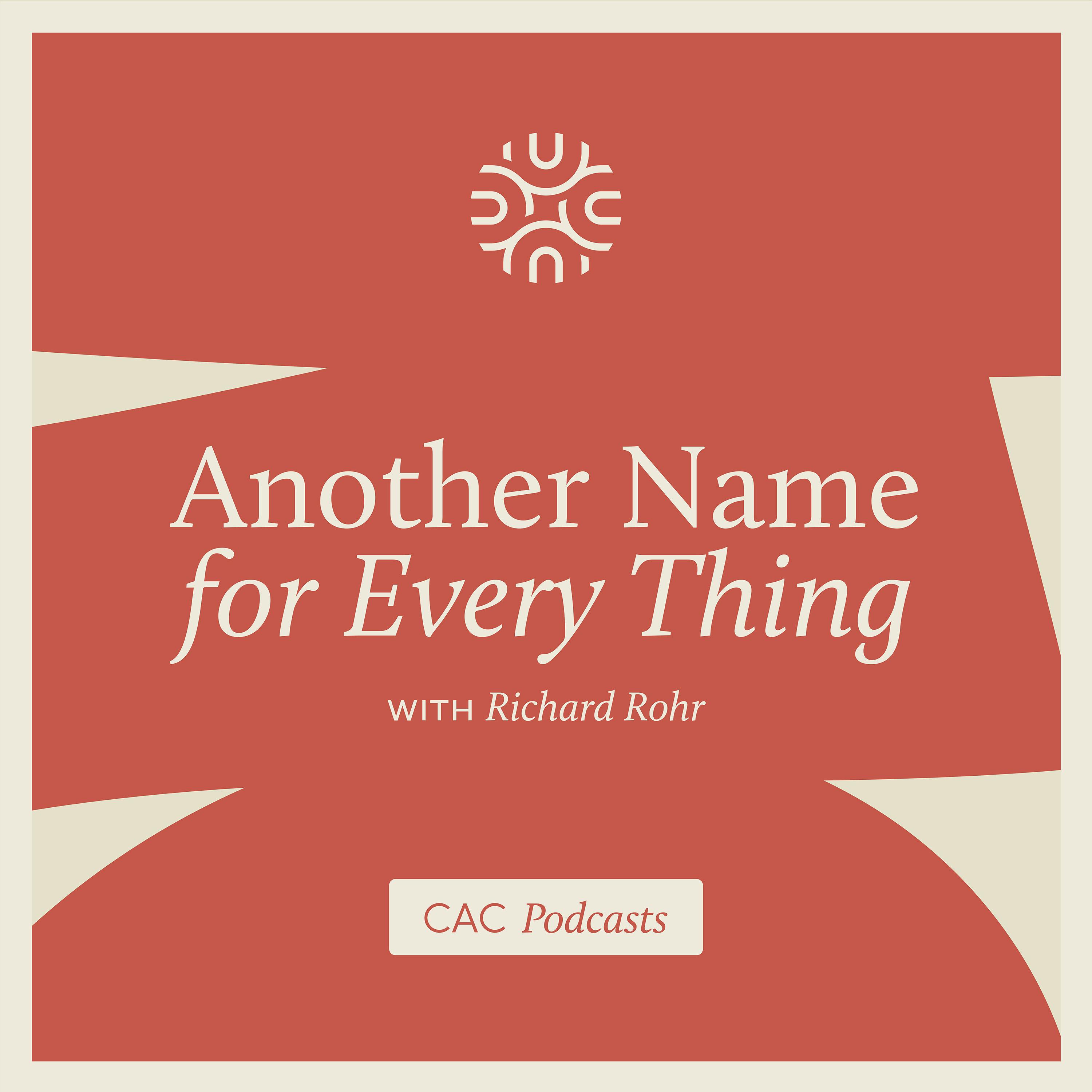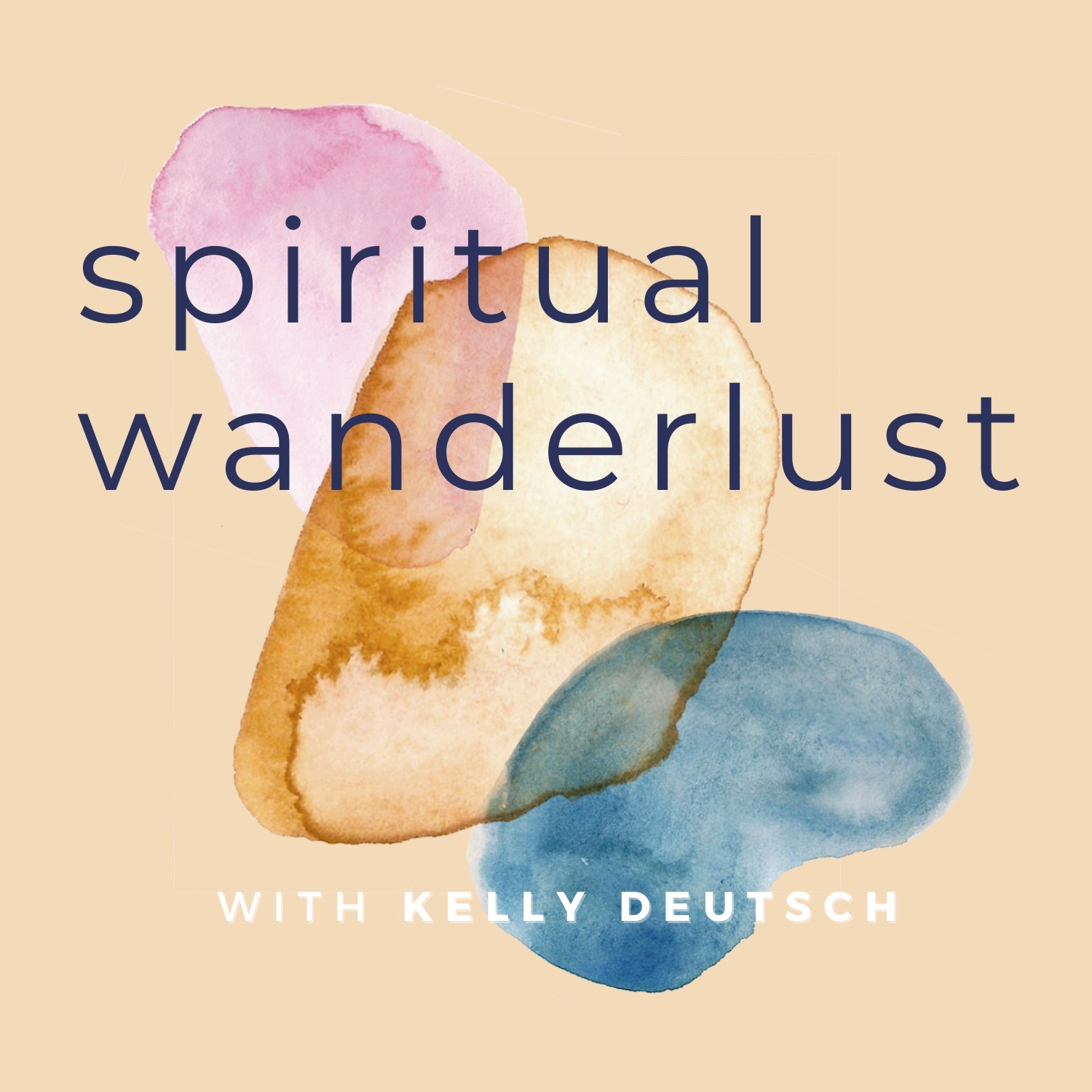
SOLACE: Soul + Grief
This podcast is sponsored by SOULPLUSGRACE serving the San José area, offering grief support and grief journeying with spirituality. I hope to help you travel through grief with God at your side.
"I am a trained Spiritual Director for those who seek to complete the 19th Annotation of St. Igantius’ spiritual exercises OR seek spiritual direction while grieving. I have also worked as a hospital/cemetery chaplain and grief doula. I believe all paths lead to God and that all traditions are due respect and honour. I take my sacred inspiration from all of my patients and companions–past, present and future; the Dalai Lama, James Tissot, St. John of the Cross, the Buddha, Saint Teresa of Ávila, and, of course, Íñigo who became known as St. Ignatius. I utilize art, poetry, music, aromatherapy, yoga, lectio divina, prayer and meditation in my self-work and work with others. I believe in creating a sacred space for listening; even in the most incongruous of surroundings."
BACKGROUND
- Jesuit Retreat Center, Los Altos, CA -- Pierre Favre Program, 3 year training to give the Spiritual Exercises of Saint Ignatius
- Centro de Espiritualidad de Loyola, Spain -- The Spiritual Exercises of St Ignatius of Loyola -- 30 Day Silent Retreat/
- Center for Loss & Life Transition – Comprehensive Bereavement Skills Training (30 hrs) Ft. Collins, CO
- California State University Institute for Palliative Care--Palliative Care Chaplaincy Specialty Cert. (90 hrs)
- Sequoia Hospital, Redwood City, CA -- Clinical Pastoral Education
- 19th Annotation with Fumiaki Tosu, San Jose, CA, Spiritual Exercises of St. Ignatius
- Santa Clara University, Santa Clara, CA M.A. – Pastoral Ministries
CONTACT ME: candeelucas@soulplusgrace.com with questions to be answered in future episodes.
SOLACE: Soul + Grief
Desert Night with Jesus: When Grief Feels Impossible
We explore the barriers that prevent some people from fully entering the grieving process, particularly when complex relationships with the deceased create emotional blockages. Examining our hearts during Lent provides an opportunity to address unresolved wounds and cultivate the humility necessary for genuine healing and transformation.
• Complex relationships can create barriers to grieving fully due to unfinished emotional business
• Unexamined slights or forgotten relationship ruptures often prevent us from processing grief
• Lent offers a time to examine our spiritual life and relationships
• Those who guard their hearts most closely often struggle most with grieving
• Pride frequently stands in the way of honest self-examination and healing
• Humility puts our lives in proper perspective and opens us to growth
• Cultivating humility involves contemplating our true place in the order of nature
With thanks to Dr. Louis E. Newman and his book "Repentance".
As you listen, consider sending me your thoughts and questions on grief, both spiritual and practical, so we can walk this path together.
Listen every Friday on Apple Podcasts, Spotify, and Amazon Music for spiritual direction, art, and workshops shared through Santa Clara University, https://events.scu.edu/markey-center/event/332001-spiritual-accompaniment
You can reach us at: candeelucas@soulplusgrace.com.
SPIRITUAL DIRECTION WHILE GRIEVING IS AVAILABLE
Art: https://www.etsy.com/shop/vasonaArts?ref=seller-platform-mcnav
and https://fineartamerica.com/profiles/candee-lucas
Music and sound effects today by: via Pixabay
Welcome to Solace: Soul + Grief. We're glad you're here. My name is Candee Lucas. I'm a Jesuit-trained chaplain, spiritual director, creator of this podcast, as well as a workshop on spiritual accompaniment through Santa Clara University. We all recognize that the loss of a loved one causes tremendous schisms in our life. We lose our boundaries, we lose our place. We lose our boundaries, we lose our place, we lose our loved ones and we are lost without them. I created this podcast four years ago to address those concerns. I come to you with the voice of a broken heart, having lost my father, my employment, a dear pet and a relationship with my sister last year. Thanks for being with us. You're always welcome in our circle of healing, love and concern.
Candee:I wonder from time to time about people I meet in my grief practice who seem to be unable to enter into grieving fully. Many times the relationship with the person who has died is so complex that there seems to be no entry point into grief, no moment they can say I am joined with you here and I can enter in this space, in this sacred place for the grieving. It may be because of unfinished business, and by that I do not mean commerce, but unfinished twists and turns in the relationship here on earth. It may be unexamined slights or long-forgotten twists and turns in our lives together that seem to have lost all significance or all importance, except the fact that they were, and somehow the relationships that we had grown and nurtured suffered a rupture, or maybe just a slight, or maybe just a crack, and somehow then we cannot grieve fully for this person who has left our sight, who has left our earthly presence because of these cracks or slights. Lent is a time for us to examine our lives, examine our spiritual life, especially our relationship with our God and our community, our relationships with ourselves and our loved ones, and think about what's in that lost heart, that fractured heart, that broken heart that many of us carry.
Candee:You don't get too far in life before your heart is broken. Many of us consider ourselves lucky to have survived childhood with only minor cuts and bruises of our heart, only minor cuts and bruises of our heart. But many have suffered deeply and been wounded deeply as children. Those who keep their hearts wrapped away in a box might have the most difficulty in grieving the death of a loved one. So as we begin to grieve, we take care to notice the quality of our hearts, the nature of our hearts, the nature of our wounds and brokenness, how they affect our feelings about death in general and about the death of this loved one in particular. Are there places in ourselves guarding untended wounds, unhealed regrets, words not said, actions not taken, apologies ungiven? For it is true that we are able to say to another, I love you, without having full healing behind that statement, without having a full heart behind that statement? We should just recognize that in ourselves.
Candee:As we travel with Jesus in the desert this year, maybe we can take some time to sit with him in a starry night and tell him our concerns, tell him the concerns of our heart, where our brokenness lies, where our healing needs to begin our travails, our failures, our errors, and ask for healing, ask for his healing, love. And as we sit there together in the starlight, we can begin to wander and wonder about the hum of the earth and all its souls as they heal, as they reach for healing, as they reach for one another across time immemorial. There is no quick and easy way to healing. Brokenness is not so trivial, nor repentance so effortless. The opportunity that God gives us to be freed from the guilt and shame of our past is no backstage door through which we can escape unnoticed or unscathed. Grief, and grieving and mourning require the hard work of soul reckoning and genuine self-transformation. The person who thinks otherwise imagines that the goal is simply to be magically cleansed of wrongdoing. But the real goal is radical transformation, the sort of reorientation of our lives that can happen only when we deeply appreciate the roots of our brokenness and the difficult and painstaking work entailed in renewing our moral and spiritual selves.
Candee:There are those among us who can never admit that they have done wrong. They adamantly resist the suggestion that they are to blame. When confronted with the evidence of their errors, they resort to defensiveness and even counterattack. They seem to live surrounded by a kind of psychic armor that prevents criticism in extreme cases, even mild criticism from penetrating. They might admit in theory that of course they are not perfect, but in practice they cannot own up to any mistakes. Their problem is a problem of excess of pride.
Candee:Pride often stands in the way of honest self-examination and self-disclosure. It impedes healing, as it has been described. It prevents us from taking responsibility for what we have done and what we have failed to do, and it prevents us from taking the very first step in healing, but then it also closes the door to feelings of remorse. It won't tolerate public confession or apology. It is ultimately opposed to soul reckoning, to say nothing of inner transformation. Pride may not be the root of all evil, but it may well be the one vice that, more than any other, precludes us from doing the work of healing Most distressingly, when we are really honest with ourselves, we recognize that we are all guilty of pridefulness, at least in some measure, at least occasionally.
Candee:How, then, are we to combat pride? Or, perhaps more helpfully, how do we cultivate its opposite, humility? Medieval rabbis offered much advice about how to reorient ourselves, to instill in us feelings of modesty. Often this involves contemplating our true place in the order of nature, as an 11th century Spanish rabbi noted, --when one thinks of the transient character of his existence, how swiftly death comes, at which times his desires and hopes are cut off and he must leave all his possessions and relinquish the idea that he could take any of them as provision for the hereafter or that any of these will be of use to him. When he is in the grave, he will become humble and lowly. He will not be proud. His heart will not uplift itself in arrogance--.
Candee:The effect of cultivating humility is that it brings us back into a dynamic relationship with ourselves and those around us, where we had been previously cut off from others by the armor of self-aggrandizement and even self-delusion. Humility puts our lives back into proper perspective, where pride precluded us from feeling remorse and so from taking steps to improve ourselves. Humility opens us to the possibility of our own growth, for it allows us to see our shortcomings and resolve to overcome them. Pride leads to ossified, static life. Humility opens our hearts and it enables us to embrace change, and changing is the essence of healing. However we choose to cultivate it, humility is the very first essential virtue of healing.
Candee:Today, many of the ideas in this podcast came from a book called "Repentance by Dr Lewis E Newman. That concludes another episode of Solace. Thank you for being here Again. I'm your host. Candy Lucas Tune in every Friday when a new episode drops. You can find it on Apple Podcasts, spotify and Amazon Music. More information about the books we've discussed scripture, my artwork, spiritual direction and my workshops through Santa Clara University in the show notes. God bless, Vaya con Dios, Namaste. Thanks for watching.








